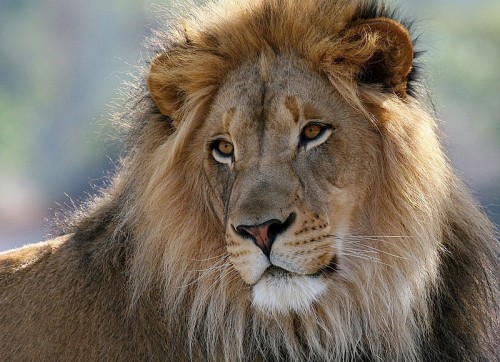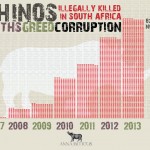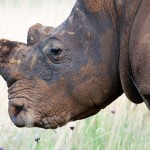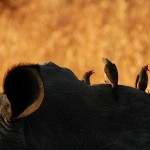
The Zambian government has banned trophy hunting for at least one year, citing corruption within the country’s hunting sector.
Tourism Minister Sylvia Masebo said via allAfrica.com that only “a few individuals” actually profit from hunting.
There is a lot of cheating and corruption surrounding the wildlife hunting business which the Government has just banned. It is a lucrative sector which has seen a few individuals reap [profits] from wildlife products.
The Government is getting little in terms of revenue and the areas where this business is being conducted has for many years remained under-developed without any form of empowerment to the local people.
Ms. Masebo noted that the amount of money earned by the government from trophy hunting was small compared to the destruction caused by corrupt hunting practices. In December 2012, Ms. Masebo fired five Zambia Wildlife Authority (ZAWA) officers after it was discovered that hunting concessions were being awarded mainly to a “family cartel” of Zambians with foreign origins.
Some participating companies put up fronts with the intention to unduly influence the results of the tender process. When one critically analyses the suggested results of tender evaluation process, you will note that it has significant potential to promote money laundering.
The minister also told Reuters that lion numbers are too low to be sustainably hunted.
Tourists come to Zambia to see the lion and if we lose the lion we will be killing our tourism industry.
She encourages Zambians to invest in the tourism industry and says that the government stands ready to support such investments.
Neighboring Botswana’s ban on trophy hunting comes into effect on January 1st, 2014.




